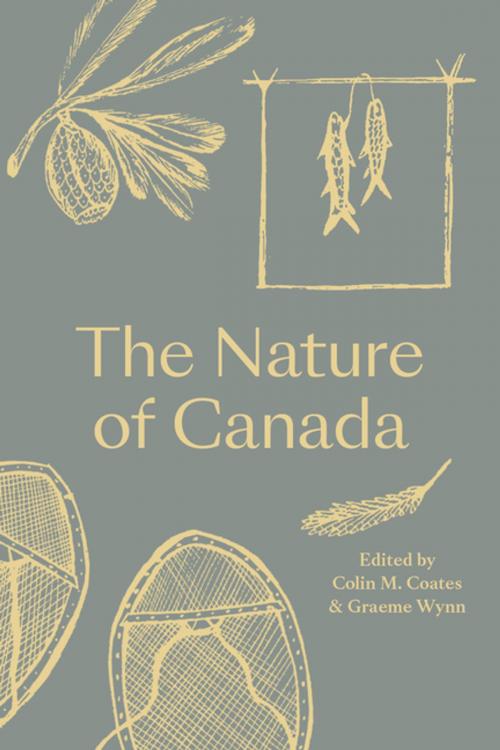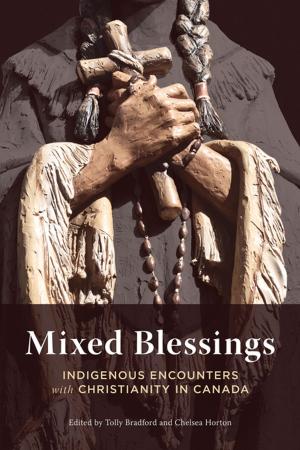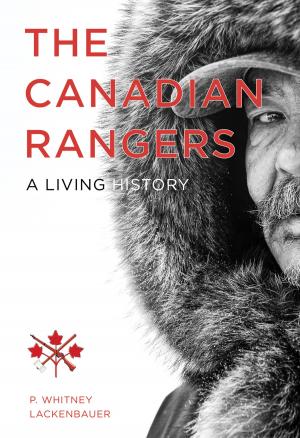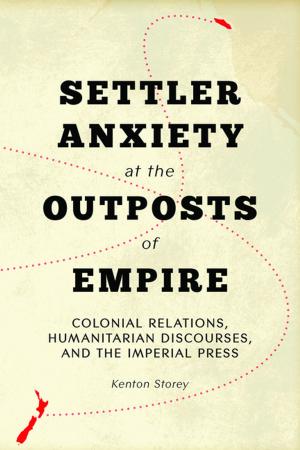| Author: | Colin M. Coates, Graeme Wynn | ISBN: | 9780774890380 |
| Publisher: | UBC Press | Publication: | May 1, 2019 |
| Imprint: | On Point Press | Language: | English |
| Author: | Colin M. Coates, Graeme Wynn |
| ISBN: | 9780774890380 |
| Publisher: | UBC Press |
| Publication: | May 1, 2019 |
| Imprint: | On Point Press |
| Language: | English |
Intended to delight and provoke, these short, beautifully crafted essays, enlivened with photos and illustrations, explore how humans have engaged with the Canadian environment and what those interactions say about the nature of Canada. Tracing a path from the Ice Age to the Anthropocene, some of the foremost stars in the field of environmental history reflect on how we, as a nation, have idolized and found inspiration in nature even as fishers, fur traders, farmers, foresters, miners, and city planners have commodified it or tried to tame it. They also travel lesser-known routes, revealing how Indigenous people listened to glaciers and what they have to tell us; and how even the nature we can’t see – the smallest of pathogens – has served the interests of some while threatening the very existence of others. The Nature of Canada will make you think differently not only about Canada and its past but quite possibly about Canada and its future. Its insights are just what we need as Canada attempts to reconcile the opposing goals of prosperity and preservation.
Intended to delight and provoke, these short, beautifully crafted essays, enlivened with photos and illustrations, explore how humans have engaged with the Canadian environment and what those interactions say about the nature of Canada. Tracing a path from the Ice Age to the Anthropocene, some of the foremost stars in the field of environmental history reflect on how we, as a nation, have idolized and found inspiration in nature even as fishers, fur traders, farmers, foresters, miners, and city planners have commodified it or tried to tame it. They also travel lesser-known routes, revealing how Indigenous people listened to glaciers and what they have to tell us; and how even the nature we can’t see – the smallest of pathogens – has served the interests of some while threatening the very existence of others. The Nature of Canada will make you think differently not only about Canada and its past but quite possibly about Canada and its future. Its insights are just what we need as Canada attempts to reconcile the opposing goals of prosperity and preservation.















